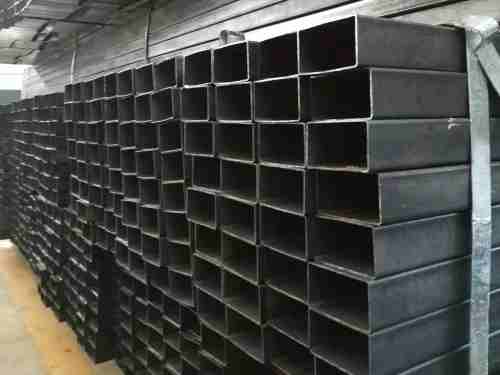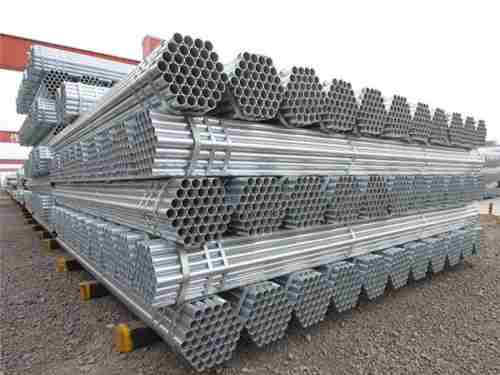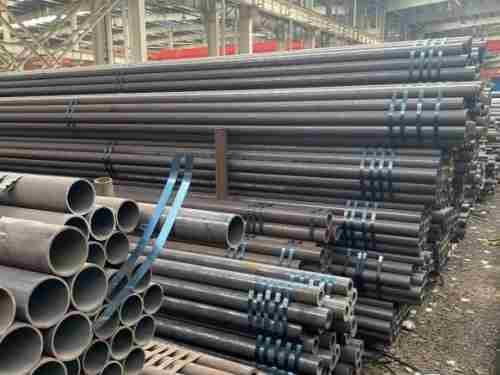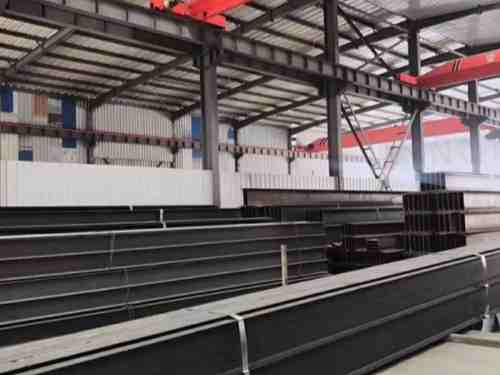Aluminum alloy pipes offer a range of advantages due to their flexibility and corrosion resistance, making them suitable for various applications. These pipes are produced through extrusion, where aluminum alloy material is forced through a die to form the desired shape.
Benefits of Aluminum Alloy Pipes
Aluminum alloy pipes combine durability with flexibility. Their exceptional malleability allows them to be bent into various shapes and sizes. They are lightweight, corrosion-resistant, and cost-effective. Additionally, aluminum alloy pipes are recyclable, making them an environmentally friendly option.
Compared to steel pipes, aluminum alloy pipes are less prone to corrosion, which reduces the likelihood of system leaks and enhances efficiency. They are also more affordable than copper pipes and, unlike copper fittings, do not require soldering. The compressed air provided by an aluminum alloy pipe system is cleaner compared to that from steel pipes. Due to their lighter weight, aluminum alloy pipes are easier to install and modify. Their corrosion resistance also contributes to reduced energy costs by maintaining optimal airflow.
Uses of Aluminum Alloy Pipes
Aluminum alloy pipes are employed in a variety of applications, including:
Tent poles
Outdoor tables
Camp chair frames
Bed frames
Wheelchair frames
Collapsible stretchers
Crutches
Hydraulic systems
Fuel lines
Lining tables
Electrical equipment
Their high thermal conductivity makes them ideal for use in refrigerators, HVAC systems, and engine parts. Additionally, aluminum alloy pipes are utilized to transport a range of liquids and gases, with fittings used in hydraulic systems, fuel lines, and fuel tanks.
Things to Consider When Choosing Aluminum Alloy Pipes
Formability or Workability
Weldability
Machining
Corrosion Resistance
Heat Treating
Strength
Typical End-Use Applications

 English
English Español
Español











